Move Over Jefferson Davis: "The Greatest" Belongs in Kentucky's Capitol Rotunda
While Kentucky is renowned for her natural beauty, it’s an indoor setting that may be our most awe-inspiring.
After a recent centennial restoration, the State Capitol Rotunda is a glorious sensory feast. Lift your head to behold the ornate gold dome; lower your gaze to savor elegant historical murals; crane your neck to feel the fellowship of sculptured bronze forms of our most celebrated natives: A huge statue of Abraham Lincoln holds court in the center, surrounded in a circle by The Great Compromiser Henry Clay, former U.S. Vice President Alben Barkley, pioneering surgeon Ephraim McDowell, and…then…
ugh…
Jefferson Davis.
(If you’re one of the proud few who still bemoans the “War Against Northern Aggression,” or applauds Kentucky’s decision to effectively bind itself to the Confederate cause after the Civil War ended, you might not want to read further.)
Jefferson Davis, the Todd County native who served as President of the Confederate States of America, was an American traitor who deserves vilification, not canonization in marble. As historian and author Steve Hahn recently summarized, “Davis was a staunch defender of slavery and the imperial ambitions of slaveholders, a believer in state sovereignty even while benefiting from federal largess, and a bitter foe of Lincoln and all he was presumed to represent. To make matters worse, Davis had few charms or virtues. He was a lovely amalgam of haughty, prickly, humorless, argumentative, cold and thin-skinned.”
Oh…and it gets even worse.
Beyond who he was as a person, Jefferson Davis is the very symbol of the most shameful, most disgraceful era in American history. Every day, Americans of all political stripes are working to transcend the scars left by slavery and its aftermath. And every day, walking through our Commonwealth’s cathedral, our most important citizens — from the officials who lead the state, to the schoolchildren who visit our capital — pass by the white statue that daily pours salt into our nation’s deepest wound.
Jefferson Davis, it’s time for you to go.
And there’s no more fitting Rotunda replacement for the worst of the 19th century than the Greatest of All Time.
Cassius Clay, Jr. — prophetically named after Henry Clay’s abolitionist cousin — didn’t simply make a brief childhood appearance in Kentucky like Honest Abe: the future self-remonikered Muhammad Ali was a proud product of Louisville, raised by a supportive middle class family and nurtured by a devoted neighborhood community. It’s no wonder that the Louisville Lip ultimately chose to locate his award-winning museum and civil rights center in his hometown.
In a state which loathes elites and loves to poke the eye of the establishment, it seems a bit absurd that our own version of statuary hall is filled with a bunch of politicos and just private citizen. We deserve a sports hero in permanent Frankfort; indeed, sport often defines our Commonwealth. As I’ve argued several times within these virtual pages, athletics are the force that joins our diverse and deeply divided populace into one voice; we become a coherent and inter-dependent community on game day.
And there is simply no Kentucky sports figure that even approaches the luminosity or the dazzling and abiding importance of The Champ.
While Michael Jordan made a brief run of it in the Nineties, the late 20th Century sports scene was owned by Muhammad Ali. From his gold-bejeweled coming-out party in the 1960 Rome Olympics, to his shocking upset of heavyweight champion Sonny Liston in 1964, to the “Fight of the Century” against Joe Frazier in 1971, to the “Rumble in the Jungle” versus George Foreman in 1974, to the “Thrilla in Manilla” Frazier rematch in 1975 — every Ali bout seemed larger-than-life, even historic, when compared with other contemporary sports action. When he reigned, boxing was the sport of kings; since The People’s Champion retired, the sport has lost most of its relevance.
Ali’s verbal jabs at opponents and the press (especially his blustery, verbal sparring partner, Howard Cosell) captured the public imagination — Bartlett’s Familiar Quotations are filled with memorable Ali-isms: “Float like a butterfly, sting like a bee”; “Rope-a-dope”; “I’m so mean, I make medicine sick”; “I am the greatest…OF ALL TIME.”
For decades, The Champ was the most famous man in the world, an iconic icon; and decades into retirement, he remains one of the globe’s most beloved figures.
And none of that is why Ali belongs in the State Capitol Rotunda.
Muhammad Ali’s true contribution to greatness was the invaluable role he played in redressing the ills brought to our country by Jefferson Davis and his ilk. Ali’s rise coincided with this country’s most moral moment — the Civil Rights Movement — and unlike other sports greats who shirked from politics (Ã la MJ who famously noted that “Republicans buy sneakers, too); Ali, true to form, couldn’t keep his mouth shut.
Now, it’s important to remember that Muhammad Ali was no mainstream moderating figure. Early on, he took issue with less confrontational leaders, joined the über-controversial Nation of Islam, emerged as a vocal proponent of the nascent “Black Power” movement, and called for radical change to the institutional racism of white-dominated society. Most contentiously, he drew upon his new faith, as well as his deep antagonism to Jim Crow America, to claim status as a conscientious objector and refuse to be drafted for the Vietnam War. “I ain’t got no quarrel with them Viet Cong – no Viet Cong ever called me N___,” he famously intoned. “Why should they ask me to put on a uniform and go ten thousand miles from home and drop bombs and bullets on brown people in Vietnam while so-called Negro people in Louisville are treated like dogs and denied simple human rights?”
Many Americans of an older generation will never forgive him. But whether or not you agreed with his principled stance, Muhammad Ali’s long-term positive political and societal impact is undeniable. The Supreme Court decision that his draft-avoiding prompted served as a landmark sanctification of our nation’s freedoms of speech and religion. And by standing up loudly and courageously to the segregation-infected political infrastructure, Ali’s inspiration of young African-Americans, struggling to find a voice in their communities, was incomparable. As civil rights activist Julian Bond noted, “It’s hard to imagine that a sports figure could have so much political influence on so many people.”
Muhammad Ali was one of the most influential Americans of the 20th Century, and his enduring work continues today at the center that bears his name in his hometown of Louisville. Long after he is gone, his legacy will continue with the millions, if not billions, of people who have been inspired by the personal risks he took to champion justice and freedom.
While he is still with us, let’s pay Muhammad Ali one small honor — and take a large step toward repairing our state’s cultural fabric — by adding his statue to Kentucky’s Capitol Rotunda.
===
Agree with me? Please sign this petition, and I promise to deliver it to Governor Steve Beshear, House Speaker Greg Stumbo and Senate President Robert Stivers.
Disagree with me? Let me have it in the comments below.
===
UPDATE (Monday, December 1 at 12:01 PM)
I just heard from the Ali family: It is the Champ’s belief that Islam prohibits three-dimensional representations of living Muslims. Accordingly, I have adjusted the petition to call for a two-dimensional representation of Ali (a portrait, picture or mural) in lieu of a statue.

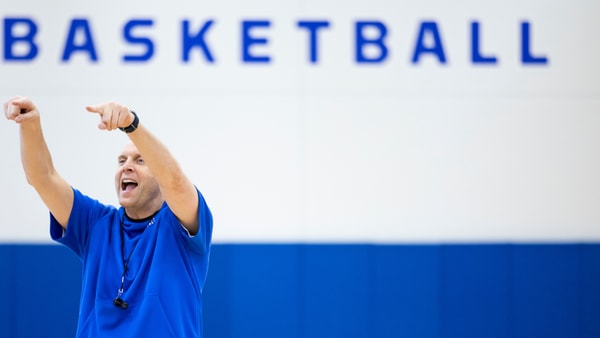
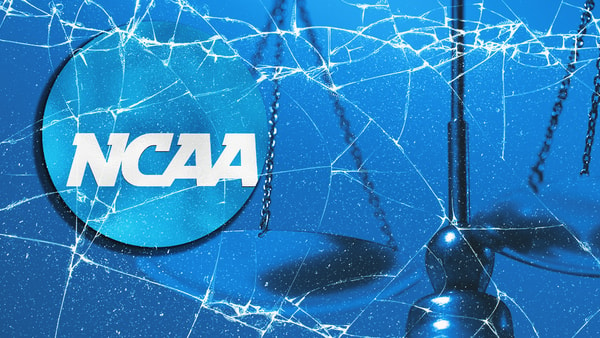
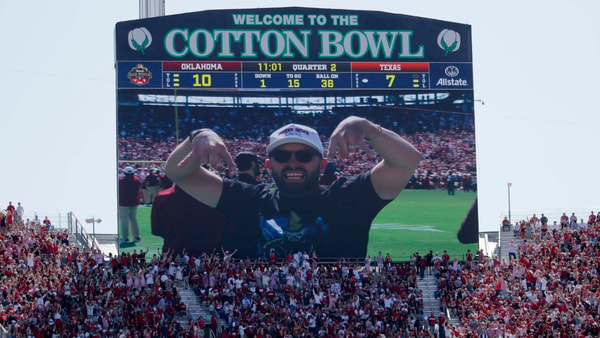

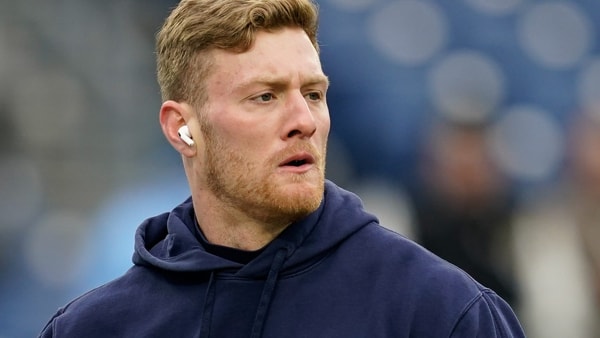
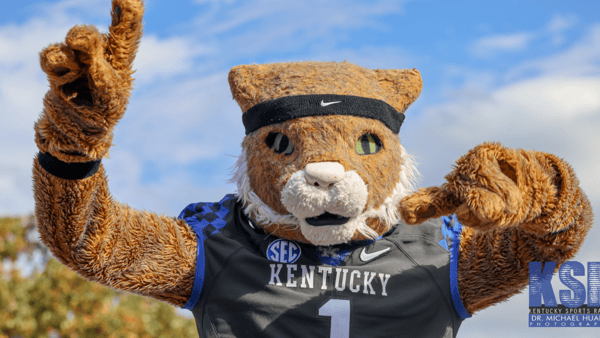

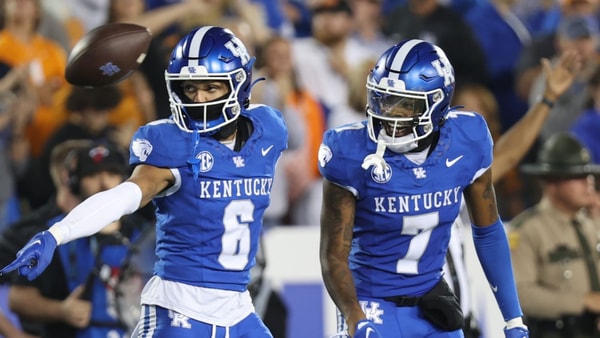
Discuss This Article
Comments have moved.
Join the conversation and talk about this article and all things Kentucky Sports in the new KSR Message Board.
KSBoard